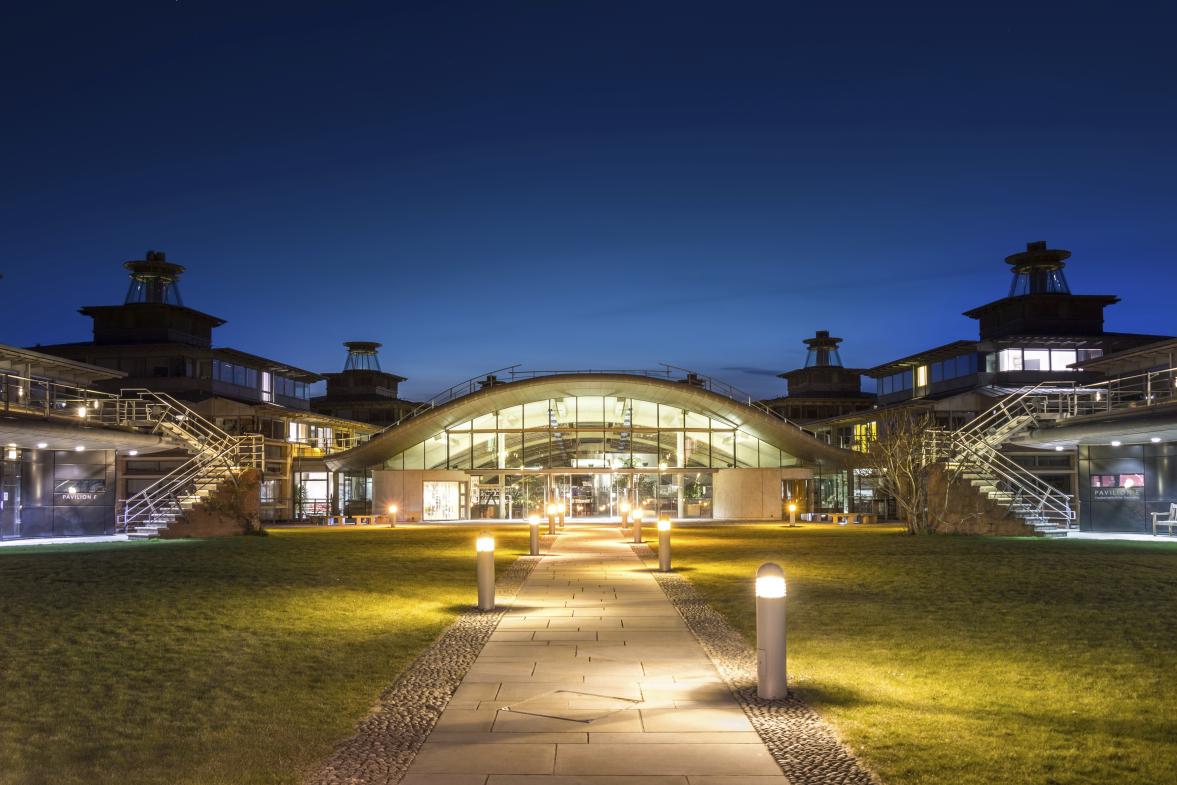
The Department of Applied Mathematics and Theoretical Physics is one of the largest and strongest of its kind in Europe. The Department currently hosts approximately 140 Academic and Research Staff and around 160 PhD students at the Centre for Mathematical Sciences, a purpose-built complex in Wilberforce Road, Cambridge.
Research in DAMTP is loosely organised into eight broad subject areas: Applied and Computational Analysis, Astrophysics, Geophysics, Fluid and Solid Mechanics, Mathematical Biology, Quantum Information, High Energy Physics and General Relativity and Cosmology. Many members of staff contribute to more than one area and this is regarded as a key factor in the continuing success of DAMTP. Research in each of the subject areas involves collaboration with strong groups nationally and internationally, and participation in numerous interdisciplinary projects and programmes.
